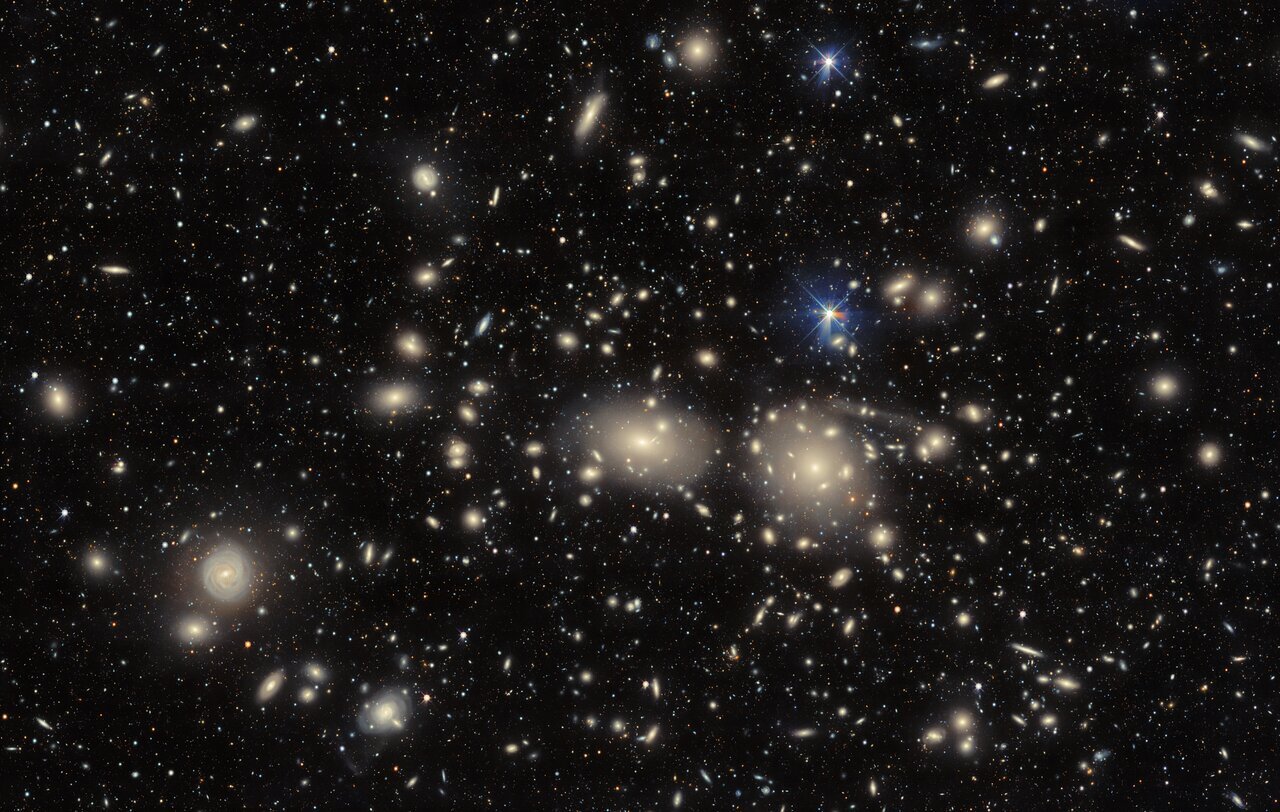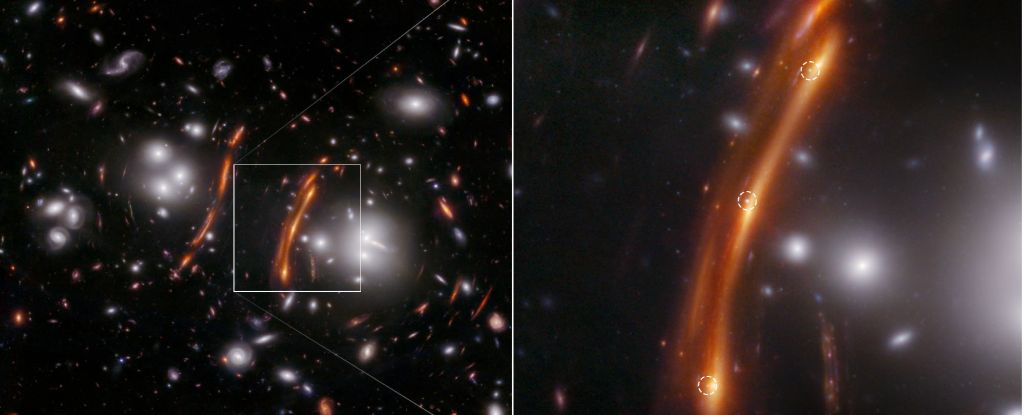
A new measurement confirms what previous - and highly debated - results had shown: The universe is expanding faster than predicted by theoretical models, and faster than can be explained by our current understanding of physics.

Scientists know the Universe is expanding because they can track other galaxies as they move away from ours. They define expansion using the rate that other galaxies move away from us.

The light of a supernova that has traveled for 10 billion years to reach us has given us a new measurement of the Hubble constant - the accelerating rate at which the Universe is expanding.

A persistent, nagging problem with the expansion speed of the Universe may not require a rewrite of everything we know about physics.

The thick once again plottens in the quest to narrow down the expansion rate of the Universe.

Using known distances of 50 galaxies from Earth to refine calculations in Hubble's constant, astronomers estimates the age of the universe at 12.6 billion years, different to the value of 13,8 billion years.

Astronomers have made a new measurement of how fast the universe is expanding, using an entirely different kind of star than previous endeavors. The revised measurement may lead to a new interpretation of the universe's fundamental properties.

An important discrepancy in measurements of the universe’s acceleration has theorists wondering whether we’ve gotten something fundamentally wrong in our understanding of the history of the universe.

Lengthy observations by the Hubble Space Telescope indicate the universe is expanding faster than predicted by standard models and that Einstein’s cosmological constant, thought by many to define dark energy, may not be so constant after all.

By using a space-time quirk first predicted by Einstein, the Hubble Space Telescope has also made it clear that our theories to explain the evolving universe are far from complete.